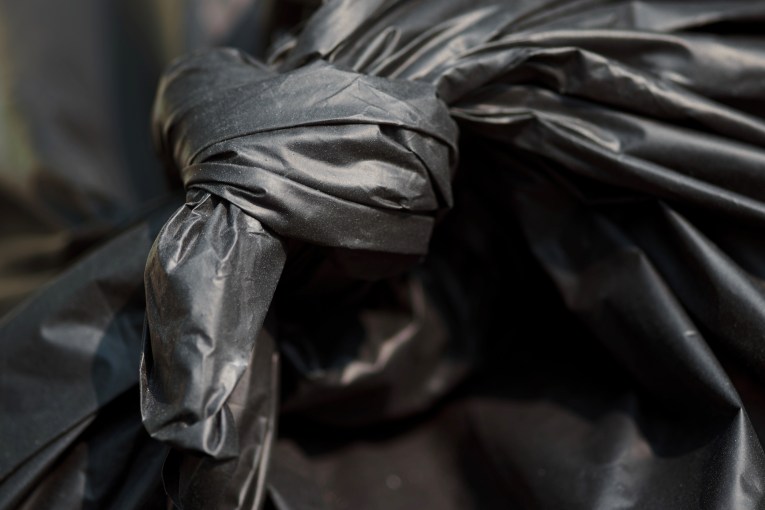How scammers are exploiting the coronavirus to steal superannuation


There's been a huge increase in losses from scam calls and texts in Australia compared to last year. Photo: Getty
Ruthless scammers are taking advantage of the coronavirus to steal thousands of dollars from Australians’ superannuation accounts.
Government has changed the rules to allow hard-working Australians early access to their superannuation balances to help them manage through the coronavirus shutdown.
But the Australian Institute of Superannuation Trustees (AIST) has warned that scammers are already trying to exploit the system and steal from needy Australians.
“Unfortunately we’ve seen this before with early release super programs,” AIST head of advocacy Mel Birks told The New Daily.
“Basically you have unscrupulous operators who take advantage of people in financial hardship.”
ACCC data found that scammers stole $1.4 million from Australians in 2018, with super scams playing a significant part in those losses.
In total, the ACCC recorded 73 cases of identity theft relating to super that year.
Super scams can be particularly devastating as the money stolen would have accrued compounding interest over the life of the account.
This means the money scammers take out now could shave off tens of thousands of dollars from Australians’ retirement balances.
There are two ways scammers are taking money from super members:
- Deceptively obtaining personal details to impersonate members
- Charging members for an unnecessary ‘service’.
Scammers impersonating their targets can directly access members’ accounts and send the early release money to themselves.
Those offering to provide a service use the free online myGov portal that members would normally use, but charge them for doing so.
Members won’t get their money any faster or easier, but they will wind up with less.
“With these scams, it’s either outright fraud or asking for an unnecessary fee,” Ms Birks said.
How to spot a scammer
The people running these cons typically sound very professional, friendly and helpful, Ms Birks warned.
“It’s not somebody ringing you from a pub, these are quite well developed networks of scammers,” she said.
Fortunately for members, several tell-tale signs give them away, and learning what to look for could save members thousands.
The first red flag is the timing of the call.
According to Ms Birks, scammers are already contacting their targets.
But the government’s early super access scheme does not start until mid-April, so anyone calling you about accessing your super before then is likely a thief.
The kinds of information these people ask for – and how they ask for it – can also provide clues as to their motive.
“They’ll typically ask if you’ve been contacted by your super fund yet,” Ms Birks said.
“When you say no, they’ll reply ‘well you should have’, and ask for a few details so they can allegedly help you out.”
Ms Birks added that members should be wary of anyone asking for their tax file number or trying to pressure them into something over the phone.
Both of these are “pretty strong warning signs that something isn’t right”, she said.
If you receive one of these calls, ask for the caller’s name, get off the phone, and ring your super fund.
What do I do if I think I’ve been scammed?
If you’ve given your details to possible scammers already, you need to change your myGov details as quickly as possible.
You should also report the same to the ATO (13 10 20) or the financial regulator, ASIC (1300 300 630).
Both organisations take these matters very seriously and will investigate possible scams to protect others from falling victim.
If you’ve lost money, ASIC’s advice is to contact a financial counsellor to get your super back on track.








